Home>Dining>Events & Etiquette>What To Bring For A Dinner Invitation


Events & Etiquette
What To Bring For A Dinner Invitation
Modified: January 5, 2024
Discover the essential items to bring for a dinner invitation. Learn about event and etiquette guidelines to ensure a memorable and enjoyable evening.
(Many of the links in this article redirect to a specific reviewed product. Your purchase of these products through affiliate links helps to generate commission for Storables.com, at no extra cost. Learn more)
Introduction
When you receive a dinner invitation, it is an indication that the host or hostess values your presence and wants you to be a part of their special event. Attending a dinner party is not just about enjoying good food and great company; it also involves adhering to certain etiquette guidelines and making sure you come prepared. In this article, we will explore the essential items and proper etiquette for attending a dinner invitation, ensuring that you are ready to be the perfect guest.
Key Takeaways:
- Be the perfect dinner guest by dressing appropriately, bringing a thoughtful gift, and offering to contribute. Communicate dietary restrictions and RSVP promptly to show respect and consideration for the host.
- Ensure a smooth and enjoyable dinner invitation experience by planning transportation, considering children’s items, and adhering to RSVP etiquette. Show appreciation and create lasting memories with thoughtfulness and consideration.
Read more: What To Bring To A French Dinner Invitation
Appropriate Attire
When attending a dinner invitation, it is essential to dress appropriately for the occasion. The attire you choose should reflect the formality or informality of the event. It’s always better to be slightly overdressed than underdressed, as it shows respect for the host and the effort they have put into organizing the gathering.
If the invitation specifies a dress code, make sure to adhere to it. Common dress codes include casual, business casual, cocktail, or formal. If in doubt, it is acceptable to reach out to the host or hostess to clarify the expected attire.
For a casual dinner, opt for neat and comfortable attire such as well-fitting jeans or dress pants paired with a blouse or collared shirt. Business casual attire may include slacks or a skirt with a blazer or a nice blouse. For a cocktail event, consider wearing a dress or a suit. For formal events, choose a formal gown or a tuxedo.
Remember, your appearance should be tidy and well-groomed. Avoid clothing with offensive slogans or graphics and opt for modest and tasteful choices. It’s always better to choose a conservative outfit that reflects your respect for the occasion.
Host/Hostess Gift
Bringing a host or hostess gift is a thoughtful way to show your appreciation for the invitation and to thank them for their hospitality. It is customary to bring a small gift as a gesture of gratitude. The gift should be something that the host or hostess can enjoy either during or after the event.
When selecting a gift, consider the preferences and interests of the host or hostess. It could be a bottle of wine, a bouquet of fresh flowers, a gourmet food item, or a small decorative item for their home. If you are unsure of their preferences, you can never go wrong with a classic gift like a scented candle or a box of chocolates.
Make sure to present the gift in a tasteful manner, such as nicely wrapped or in a gift bag. Don’t forget to include a handwritten note expressing your thanks for the invitation. The host or hostess will appreciate the effort you put into choosing the gift and recognizing their hospitality.
Offering to Contribute
While the host or hostess is responsible for providing the main meal, it is always appreciated when guests offer to contribute to the dinner. This gesture not only lightens the load for the host but also demonstrates your willingness to be a gracious guest. One way to assist is by offering to set your table, which can be a significant help, especially for large gatherings.
If you have a special dish or dessert that you excel at making, offering to bring it can be a wonderful addition to the dinner. Check with the host or hostess beforehand to ensure that your contribution aligns with their menu plans and dietary restrictions. It’s important to respect their preferences and not assume that any dish will be suitable.
If you don’t have the time or resources to prepare a dish, you can offer to bring beverages, such as a bottle of wine or a non-alcoholic option. Be considerate of any dietary restrictions or preferences when selecting the beverages. It’s always a good idea to ask the host or hostess if there is anything specific they would like you to bring.
Remember, the goal is to be a helpful and considerate guest, so be open to the host or hostess’s suggestions or requests. Your willingness to contribute will be greatly appreciated, and it shows that you are actively engaged in the dinner preparation process.
Confirming Dietary Restrictions
In today’s diverse and inclusive society, it’s essential to be mindful of dietary restrictions when attending a dinner invitation. Some guests may have allergies, dietary preferences, or religious restrictions that need to be taken into consideration when planning the menu.
If you have any known dietary restrictions, it’s courteous to inform the host or hostess in advance. This will allow them to accommodate your needs and ensure that there are suitable options available for you. By doing so, you can avoid any potential discomfort or inconvenience during the event.
On the other hand, if you are unsure about the menu or suspect that there might be restrictions, it is appropriate to reach out to the host or hostess and inquire about any dietary limitations. They will appreciate your thoughtfulness and will be more than happy to provide you with the necessary information.
When attending a dinner with a specific theme, it’s important to respect the intention behind it and follow any instructions provided by the host or hostess. If you have any concerns or questions about the menu in relation to your dietary needs, don’t hesitate to communicate your requirements and work together to find a suitable solution.
Remember, being considerate and understanding towards different dietary needs fosters a welcoming and inclusive atmosphere for all guests. By confirming and addressing dietary restrictions, you contribute to a more enjoyable and stress-free dining experience for yourself and others.
Always bring a small gift for the host, such as a bottle of wine, a bouquet of flowers, or a box of chocolates. It’s a thoughtful gesture to show your appreciation for the invitation.
Read more: What To Write In A Dinner Invitation
Children’s Items
When attending a dinner invitation with your children, it’s important to consider their comfort and entertainment. Bringing appropriate items for your children can help ensure that they have a pleasant experience and allow the adults to enjoy the evening as well.
First and foremost, if the invitation specifies that the event is for adults only, it is best to respect the host or hostess’s wishes and arrange for childcare. However, if children are welcome, there are a few items you can bring to keep them occupied.
For younger children, consider bringing a small bag with a variety of quiet and non-disruptive toys. Coloring books, crayons, small puzzles, or storybooks can keep them engaged. It’s also a good idea to bring a few snacks or treats that your child enjoys, as this can help prevent them from becoming restless or hungry.
For older children, electronic devices such as tablets or smartphones with appropriate games or movies can be a useful tool to keep them entertained. However, it’s important to set guidelines and limits to ensure that they engage with others and participate in the gathering.
Remember, it’s essential to be mindful of the host or hostess and the other guests. Encourage your children to be respectful and well-behaved, keeping noise levels to a minimum. It’s always a good idea to check in with the host or hostess beforehand to see if they have any suggestions or special arrangements for children.
By being prepared with appropriate items for your children, you can help create a positive experience for both your family and the other guests, ensuring that everyone can enjoy the dinner invitation.
Transportation and Directions
When attending a dinner invitation, it’s important to plan your transportation to ensure you arrive on time and stress-free. Below are some tips to consider when figuring out the logistics:
- If you are driving, make sure to familiarize yourself with the location and plan your route in advance. Use navigation apps or maps to estimate travel time and account for any potential traffic. It’s always a good idea to leave with some extra time to spare in case of unexpected delays.
- If the dinner is in a city or area with limited parking, consider alternative modes of transportation. Public transportation, ride-sharing services, or carpooling with other guests can be excellent options to alleviate parking difficulties and reduce congestion.
- If you are unsure about the parking situation at the venue, don’t hesitate to reach out to the host or hostess and ask for guidance. They will appreciate your proactive approach and provide you with any necessary instructions or suggestions.
- If you have any specific accessibility needs, make sure to communicate them to the host or hostess in advance. This will allow them to make the necessary arrangements or suggest alternative options if necessary.
- Remember to plan your transportation back home as well. If you anticipate staying late or if alcohol will be served, consider arranging for a designated driver, using a taxi or ride-sharing service, or booking accommodations nearby to ensure a safe journey home.
By paying attention to transportation details and planning accordingly, you can ensure a smooth and enjoyable experience from the moment you leave your home to the time you return.
RSVP Etiquette
When receiving a dinner invitation, it is crucial to respond promptly and appropriately. RSVP, which stands for “Répondez s’il vous plaît” (French for “Please respond”), is not just a formality; it allows the host or hostess to plan and prepare for the event accordingly. Here are some guidelines to follow when it comes to RSVP etiquette:
- Respond as soon as possible: When you receive the invitation, take the time to check your schedule and respond in a timely manner. Ideally, you should reply within a few days, allowing the host or hostess ample time to finalize the guest list and make necessary arrangements.
- Be clear and concise: In your response, clearly indicate whether you will be attending, not attending, or if you are unsure. If the invitation allows for a plus one, make sure to mention the number of guests attending. Being specific in your response helps the host or hostess with the planning process.
- Consider the formalities: If the invitation is formal, respond using a similar level of formality. For example, address the host or hostess by their formal title (e.g., Mr., Mrs., or Dr.) and use proper language in your response. If the invitation is more casual, you can respond in a similarly relaxed manner.
- Communicate dietary restrictions or allergies: If you have any dietary restrictions, allergies, or special requests, make sure to inform the host or hostess when you RSVP. This gives them an opportunity to accommodate your needs and ensure you have an enjoyable dining experience.
- Notify of any changes: If your plans change after you have already RSVP’d, inform the host or hostess as soon as possible. Whether it’s a last-minute cancellation or an unexpected addition of guests, it’s essential to keep the host informed to prevent any potential inconvenience or disruption.
Remember, RSVPing is a way to show respect and consideration for the host or hostess. By responding promptly and providing necessary information, you contribute to the smooth planning and organization of the dinner invitation.
Conclusion
Attending a dinner invitation is not just about enjoying a delicious meal; it is an opportunity to connect with others, show appreciation, and adhere to proper etiquette. By following the guidelines outlined in this article, you can ensure that you are prepared, respectful, and an enjoyable guest.
Choosing appropriate attire, bringing a thoughtful host/hostess gift, considering dietary restrictions, offering to contribute, and being mindful of transportation logistics are all important elements to keep in mind when attending a dinner invitation. Additionally, promptly RSVPing and communicating any changes or concerns help the host or hostess plan and prepare accordingly.
Remember, being a gracious guest is not just about following a set of rules; it’s about showing appreciation for the invitation and the effort the host or hostess has put into organizing the event. A little thoughtfulness and consideration will go a long way in creating a memorable and enjoyable experience for everyone involved.
So, the next time you receive a dinner invitation, take a moment to plan your attire, choose a thoughtful gift, and be mindful of any dietary restrictions or contributions you can make. By doing so, you not only enhance your own experience but also contribute to the overall success of the event.
Enjoy the delicious food, engaging conversations, and the wonderful company of your fellow guests. Cheers to being the perfect guest and creating lasting memories!
Frequently Asked Questions about What To Bring For A Dinner Invitation
Was this page helpful?
At Storables.com, we guarantee accurate and reliable information. Our content, validated by Expert Board Contributors, is crafted following stringent Editorial Policies. We're committed to providing you with well-researched, expert-backed insights for all your informational needs.
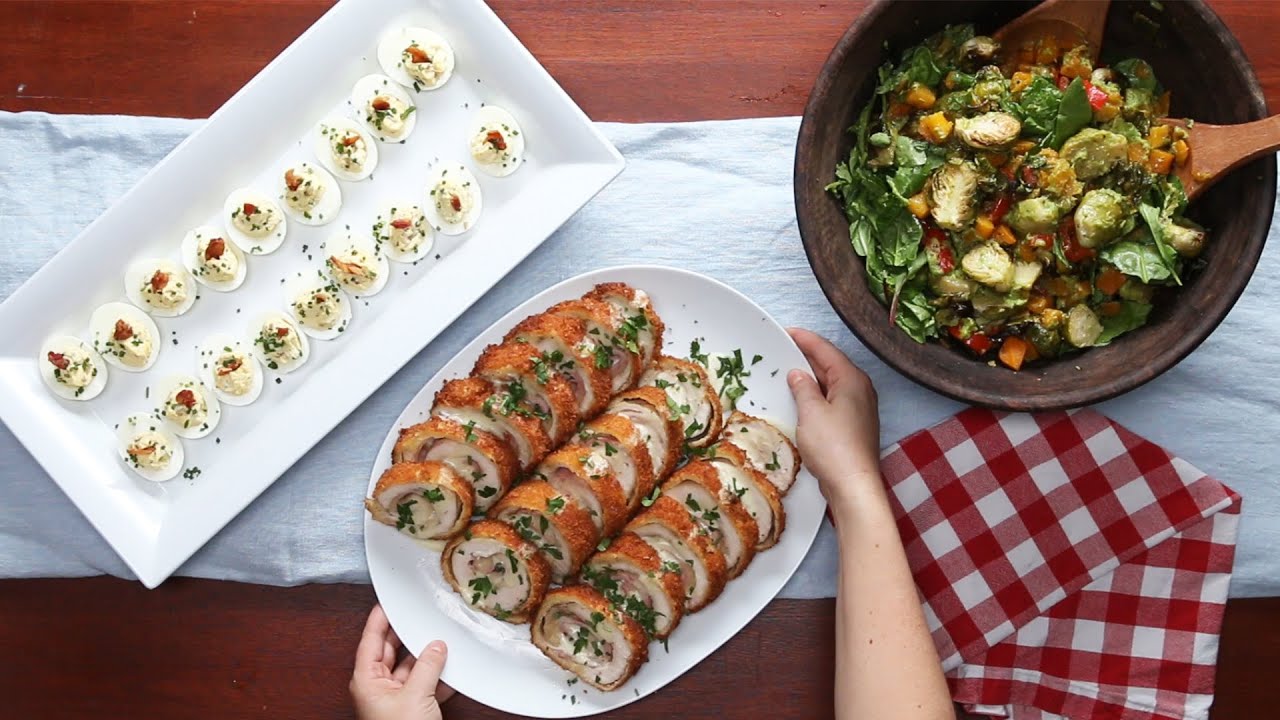


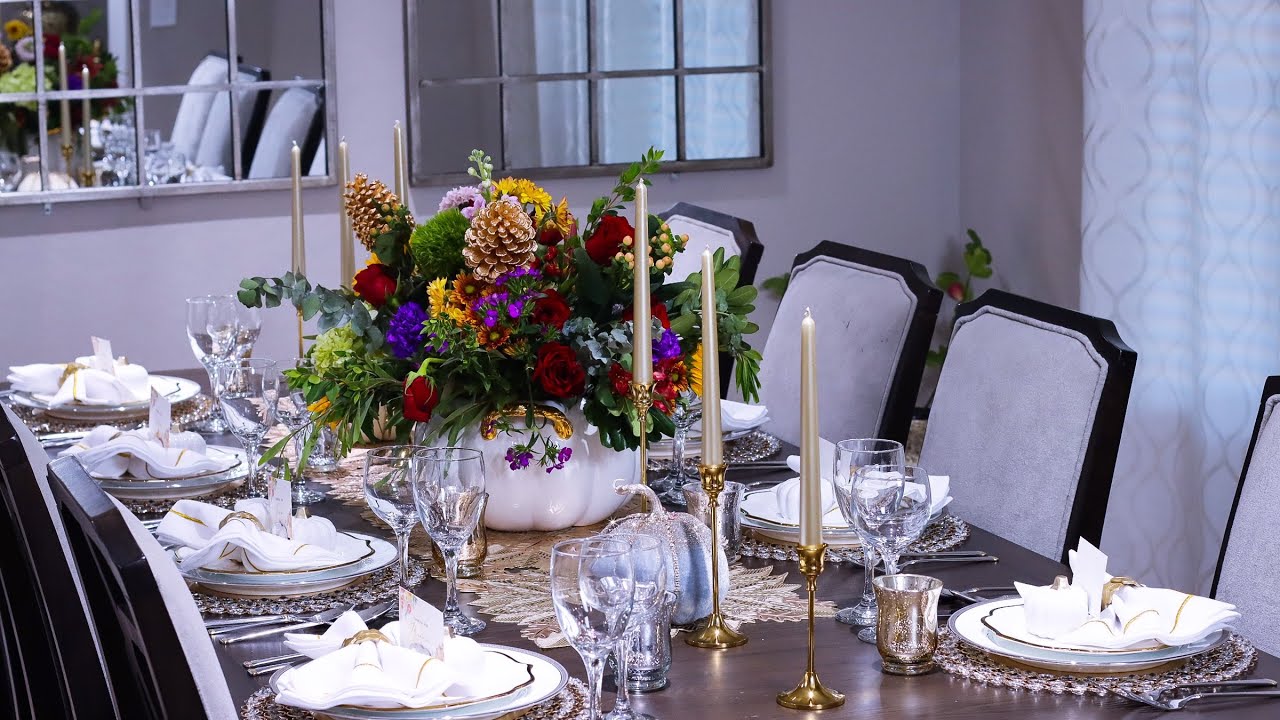

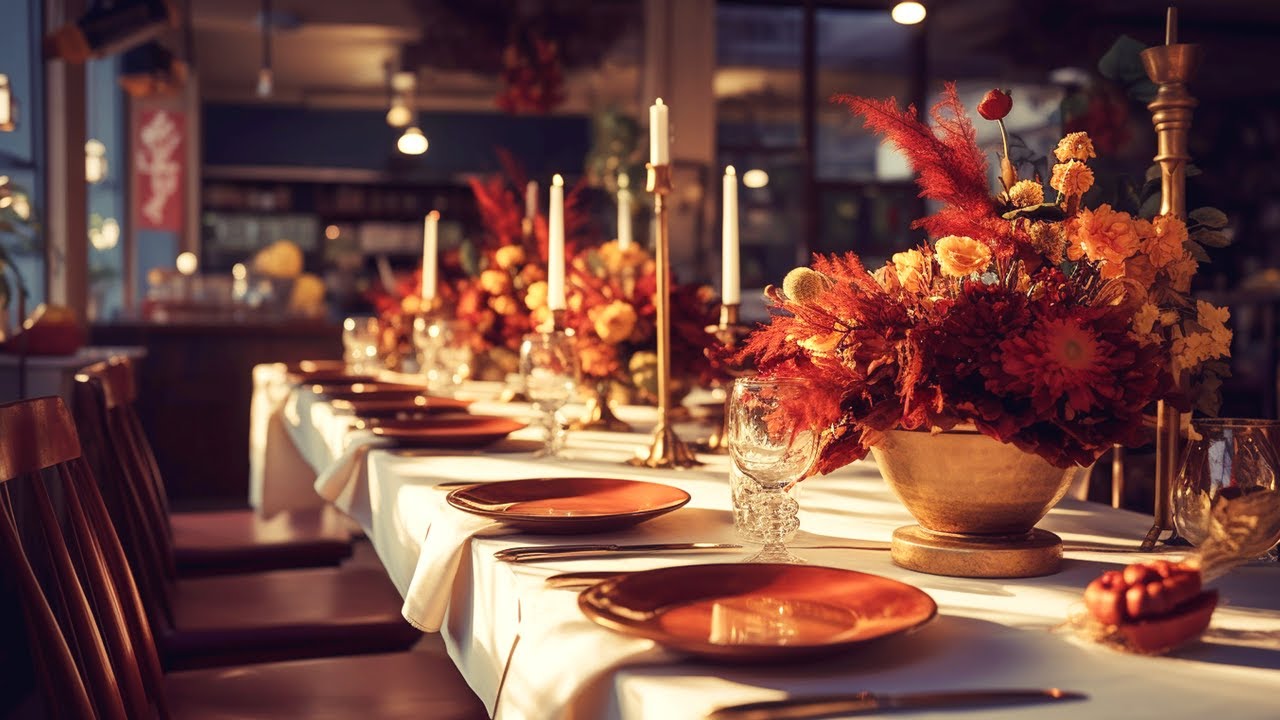

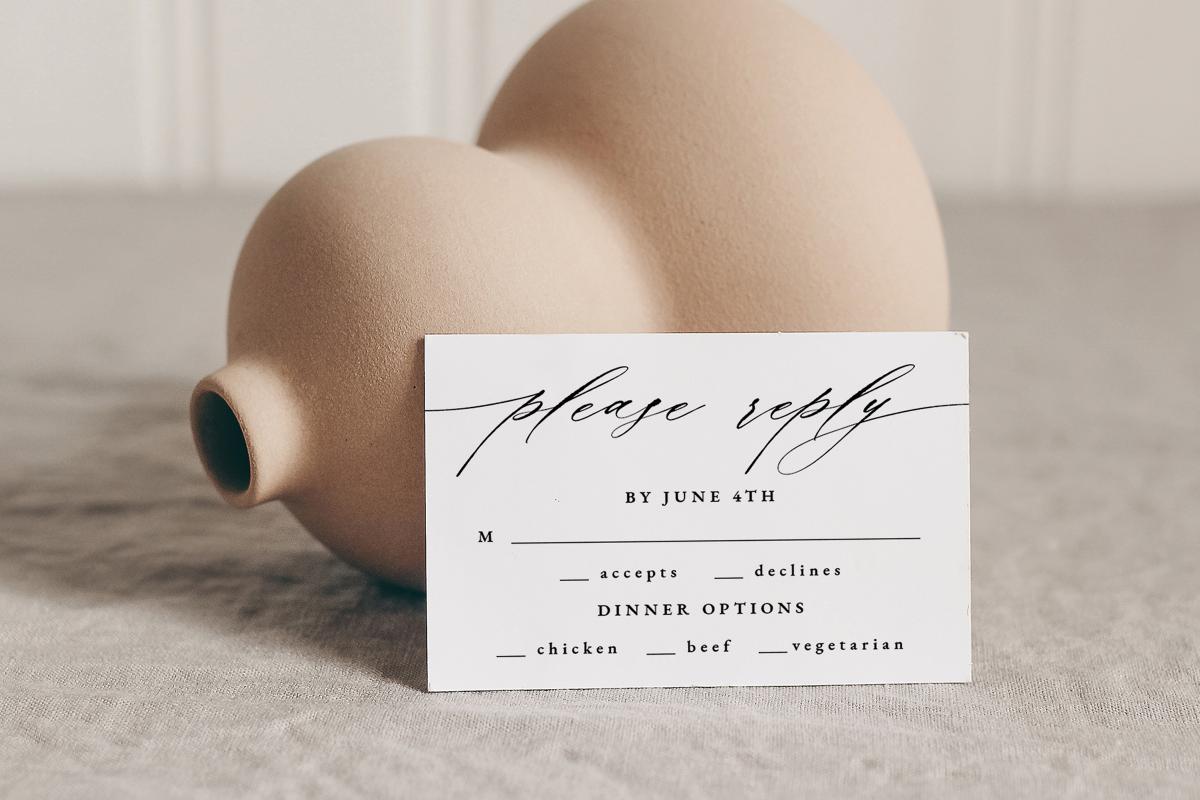
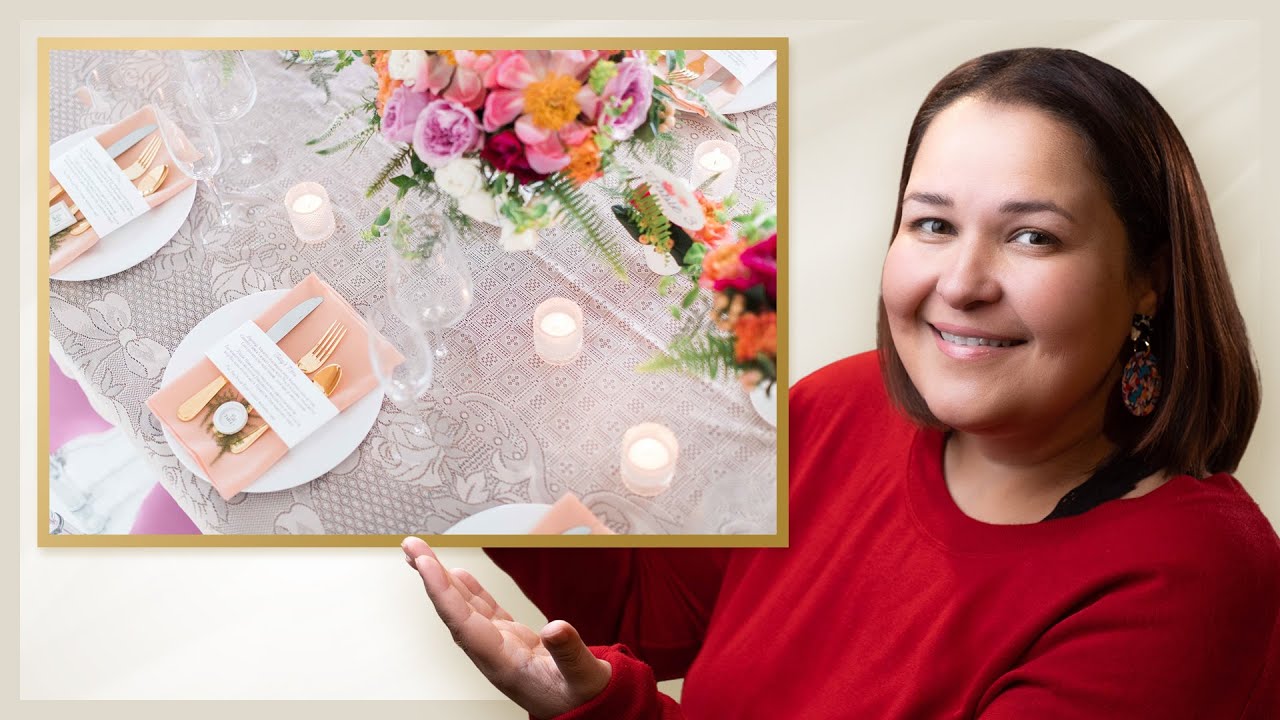

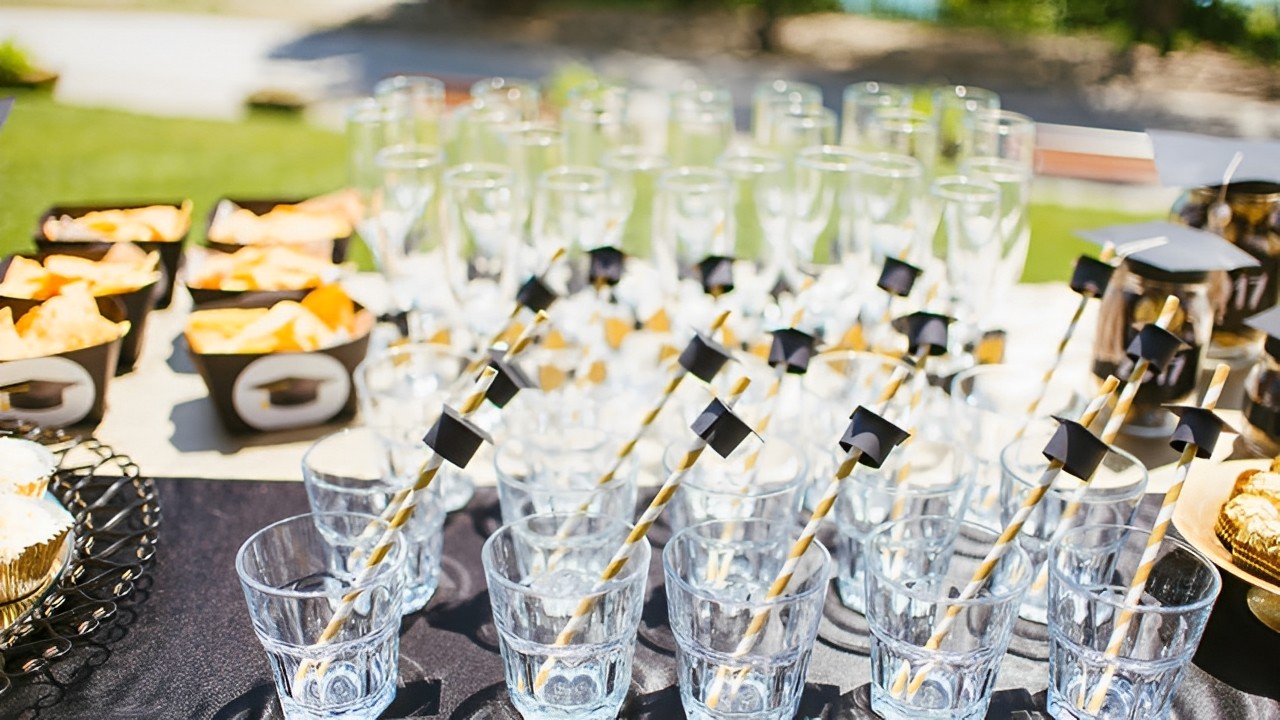
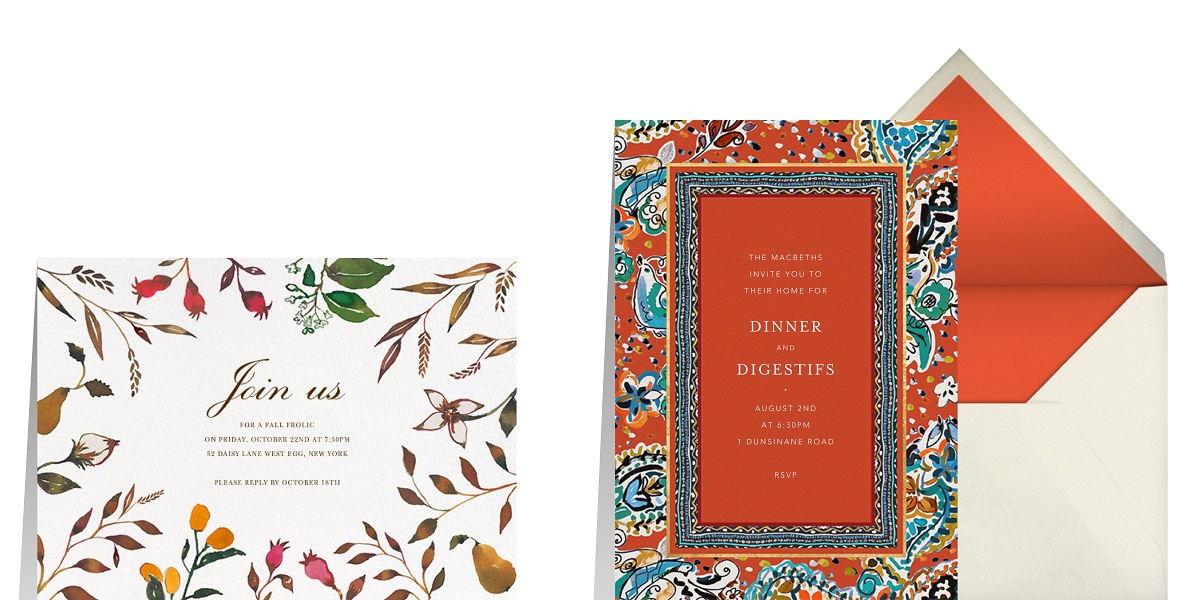



0 thoughts on “What To Bring For A Dinner Invitation”